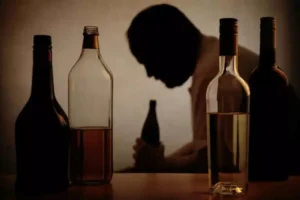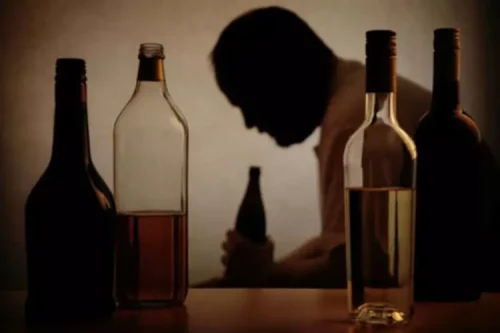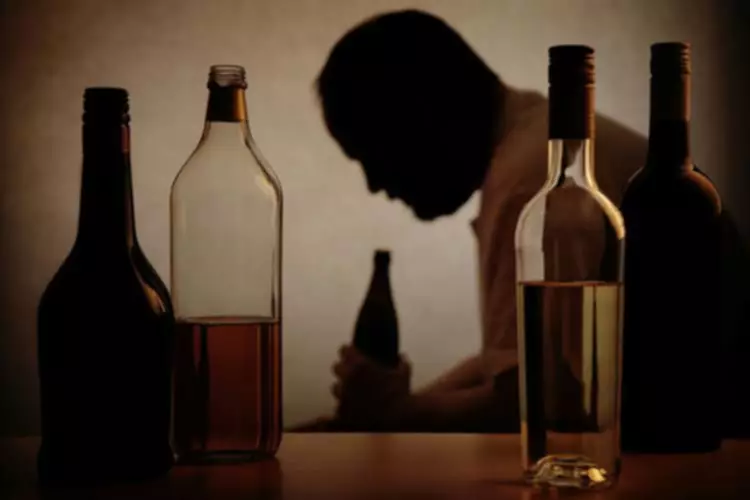How to Stop Binge Eating: 13 Helpful Tips

Alcoholic poisoning is one of the most dangerous side effects of binge drinking that can potentially lead to death. Because https://ecosoberhouse.com/ binge drinking also interferes with a gag reflex and alters the level of consciousness, a person abusing it is more likely to choke on their vomit which may prove deadly. The best plan to stop binge eating depends on your needs, but lifestyle changes are essential.
Seek Effective Treatment for Binge Drinking

This pattern of heavy alcohol use can lead to intoxication, impairing judgment and coordination. Drinking in moderation can help prevent alcohol use disorder and the adverse effects of excessive drinking. The NIAAA defines moderate drinking as two or fewer drinks per day for men and one or fewer for women. Consuming more than this on the weekend can lead to hangovers, hangxiety, health issues, problems at home or work, and alcohol dependence.
About The Right Step

It may be easier, and more appropriate, for you to abstain from alcohol, rather than attempt to Sobriety cut down on consumption. This is especially true if you have signs of an alcohol use disorder (AUD). Attend a local Alcoholics Anonymous (AA) meeting or other alcohol support group for valuable information.
- If binge drinking is affecting you, your capacity to function at work and/or your home life, Delamere can help.
- That area of the brain is responsible for tasks including decision making.
- Choosing recovery close to home means your support system is just a few miles away.
- It may take several efforts to start a genuine dialogue about your loved one’s drinking with them.
- Your loved one’s drinking is unlikely to improve on its own; in fact, it’s more likely to worsen unless you intervene.
Substance Abuse and Mental Health Services Administration (SAMHSA)
Woodward noted that one of the potential long-term effects of binge drinking is changes to the brain structure, which can affect functioning. For how to stop binge drinking example, NIAAA research has indicated that heavy drinking over a roughly two-hour period during the teen years could cause lingering deficits in attention, memory, and other cognitive functions. It’s crucial to understand that every person’s healing journey is distinct and requires a custom strategy for the best possible results. Binge drinking and other problematic drinking behaviors, while often normalized in many societies, can pose serious health and social risks. Recognizing the signs of problematic consumption patterns is integral to reducing binge drinking before it escalates into more serious consequences.

- Binge drinking may be difficult to resist, especially in social settings where it often becomes the norm rather than the exception.
- If you have a mental health condition like depression or anxiety, binge drinking on the weekends can make your symptoms worse.
- Though many people will not continue drinking alcohol at the point that a hangover develops, some people are proponents of the “hair of the dog” approach to ease the sickness.
Foster relationships that encourage moderation and respect individual choices regarding alcohol consumption. Seek out and participate in activities that don’t revolve around alcohol. Engage in hobbies, sports, or social events that promote health and well-being without the need for excessive drinking.

